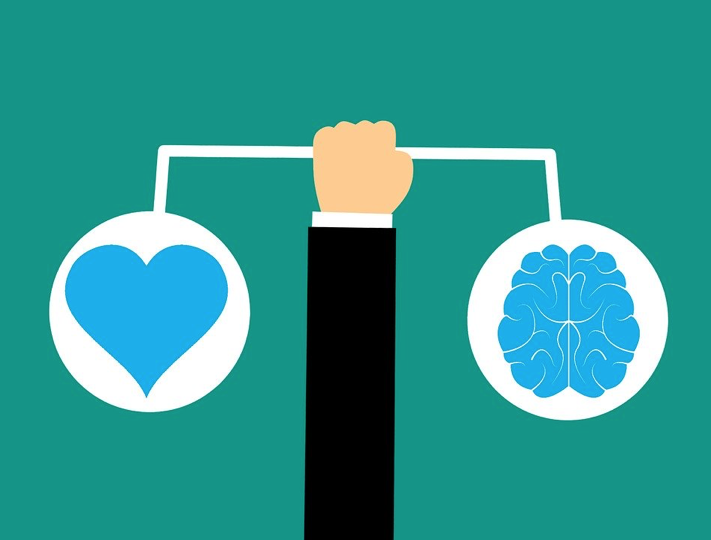Coaching is not just a set of specific self-improvement techniques that are accurately applied in certain predefined conditions. It is a ‘road’ to effective management and operation. A way of thinking, a way of being.
Transformational Coaching is the practical application of emotional intelligence. Being an emotionally intelligent executive or choosing the right behaviours, does not mean that a person responds effectively to a particular academic model or list of skills. It is the ability to relate effectively to others from a place of trust, rather than a place of fear.
Emotional intelligence can be described as a personal and social skill. It includes self-awareness, self-confidence, self-management, social awareness, empathy, adaptability and the ability to change. All executives combine these skills to some degree. Coaching helps effectively maximize and fully develop these abilities in every person.
One of the most important pillars of Coaching is awareness. Once we fully understand a situation and gain clarity, we realize that we also have the choice to change it. Coaching can support all individuals to recognize their human tendencies and their internal barriers, in order to consciously choose how to respond to situations, rather than react automatically. This leads directly to improved performance as it proceeds to conscious self-management and to overcoming internal interference. It is also important to gain understanding of other people in the work environment. Understanding the strengths, difficulties, and motivations of coworkers is important in order to manage working relationships, to inspire and collaborate successfully with individuals and teams. Coaching supports and improves the social skills of executives by teaching them how to listen, communicate and collaborate with others. In this way, it can also have a positive impact on the culture of the organization, helping to align individual, group and business goals and fosters a management style that leads to high efficiency, learning and development.
Although all companies want better performance, they still find it difficult to integrate the behaviors they support. In many cases, both leaders and other executives resist change, thereby impeding evolution. Coaching is essentially helping executives reduce their resistance and by accepting it, collectively proceed to co-create a new reality.
By helping executives build constructive and expanded perceptions, take personal responsibility and, consequently, gain confidence, Coaching sets the foundations for meaningful future leadership skills. Leaders, by definition, need to make choices and make decisions daily. To do this effectively, they must acquire high emotional intelligence and recognize their own fundamental personal characteristics, as well as those of others.
Let us not forget that every human has a need: to be part of the solution and to feel that his/her own existence has an essential purpose in life. Businesses can build on this principle by helping their executives develop emotional intelligence. And a Coach is the most appropriate supporter for achieving this goal.



